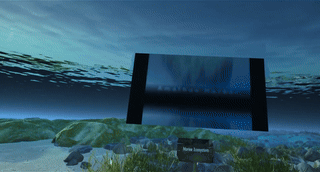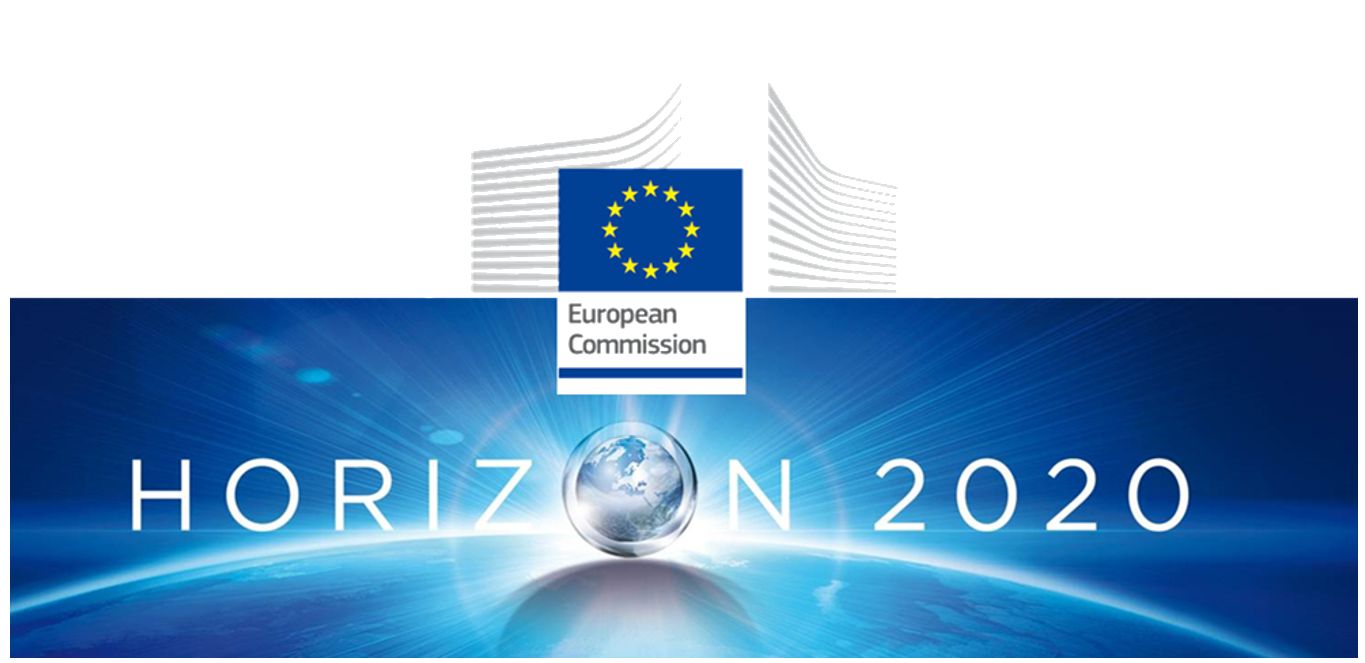Underwater Virtual Exploration of the Ancient Port of Amathus

Underwater Virtual Exploration of the Ancient Port of Amathus
Andreas Alexandrou, Filip Skola, Dimitrios Skarlatos, Stella Demesticha, Fotis Liarokapis, Andreas Aristidou
Journal of Cultural Heritage, Volume 70, pages 181-193, November–December 2024.
This work focuses on the digital reconstruction and visualization of underwater cultural heritage, providing a gamified virtual reality (VR) experience of Cyprus' ancient Amathus harbor. Utilizing photogrammetry, our immersive VR environment enables seamless exploration and interaction with this historic site. Advanced features such as guided tours, procedural generation, and machine learning enhance realism and user engagement. User studies validate the quality of our VR experiences, highlighting minimal discomfort and demonstrating promising potential for advancing underwater exploration and conservation efforts.
[DOI] [pre-print paper] [bibtex]
Abstract
Underwater cultural heritage sites, spanning from submerged settlements to ancient ports and shipwrecks, captivate researchers and the public, providing insight into civilizations along coastlines and riverbanks. However, their accessibility and exploration are hindered by the sea’s physical barrier. Virtual Reality (VR) offers a transformative solution by providing digital accessibility to these underwater artifacts, enabling immersive exploration without physical limitations. VR enables people to embark on virtual tours of these sites, fostering a deeper appreciation of maritime archaeology and cultural heritage. Yet, fully realizing VR’s potential in underwater environments poses challenges, such as realistic virtual reconstruction and accurate simulation of marine life and coral reefs. Photogrammetry emerges as an effective technique for creating detailed 3D models, although underwater conditions often hinder quality outcomes. To address these challenges, our work focuses on digital underwater cultural heritage, presenting a gamified VR exploration of the ancient harbor of Amathus in Cyprus. Through photogrammetry, our VR environment enables users to explore and interact with the historic site seamlessly. Integrated guided tours, procedural generation, and machine learning algorithms enhance realism and user engagement. Evaluation through user studies demonstrates high-quality VR experiences with minimal discomfort, highlighting the efficacy and potential impact of our approach in enhancing underwater exploration and conservation efforts.
The main contributions of this work include:
- Digital Exploration of Amathus Harbor: We present an immersive VR experience for exploring the ancient harbor of Amathus in Cyprus using 3D documentation and reconstruction.
- Immersive VR Technology: Leveraging VR technology and procedural techniques, our project offers a unique blend of education and entertainment, transcending traditional methods.
- 3D Photogrammetry & Guided Tours: Utilizing underwater photogrammetry, we created a comprehensive 3D model of the harbor, enhanced by a guided tour feature for authentic and interactive exploration.
- Procedural Generation & Machine Learning: Enriched content diversity includes procedural generation for flora and lifelike fauna movements through machine learning, enhancing realism.
- User & Expert Evaluations: A user study with 30 participants and expert evaluations highlighted high-quality experience metrics, minimal cybersickness, and areas for content and navigation improvement.
Acknowlegments
This project has received funding from the University of Cyprus (project: Demonstration); the European Union’s Horizon 2020 Research and Innovation Programme under Grant Agreement No 739578 and the Government of the Republic of Cyprus through the Deputy Ministry of Research, Innovation and Digital Policy; and the European Union under Grant Agreement No 101093159. Special thanks are also owed to the ANDIKAT project team, for sharing the photogrammetric data that were used for this application. The authors would also like to express their gratitude to Kalliopi Apostolou for her valuable insights on the user study.


© 2025 Andreas Aristidou